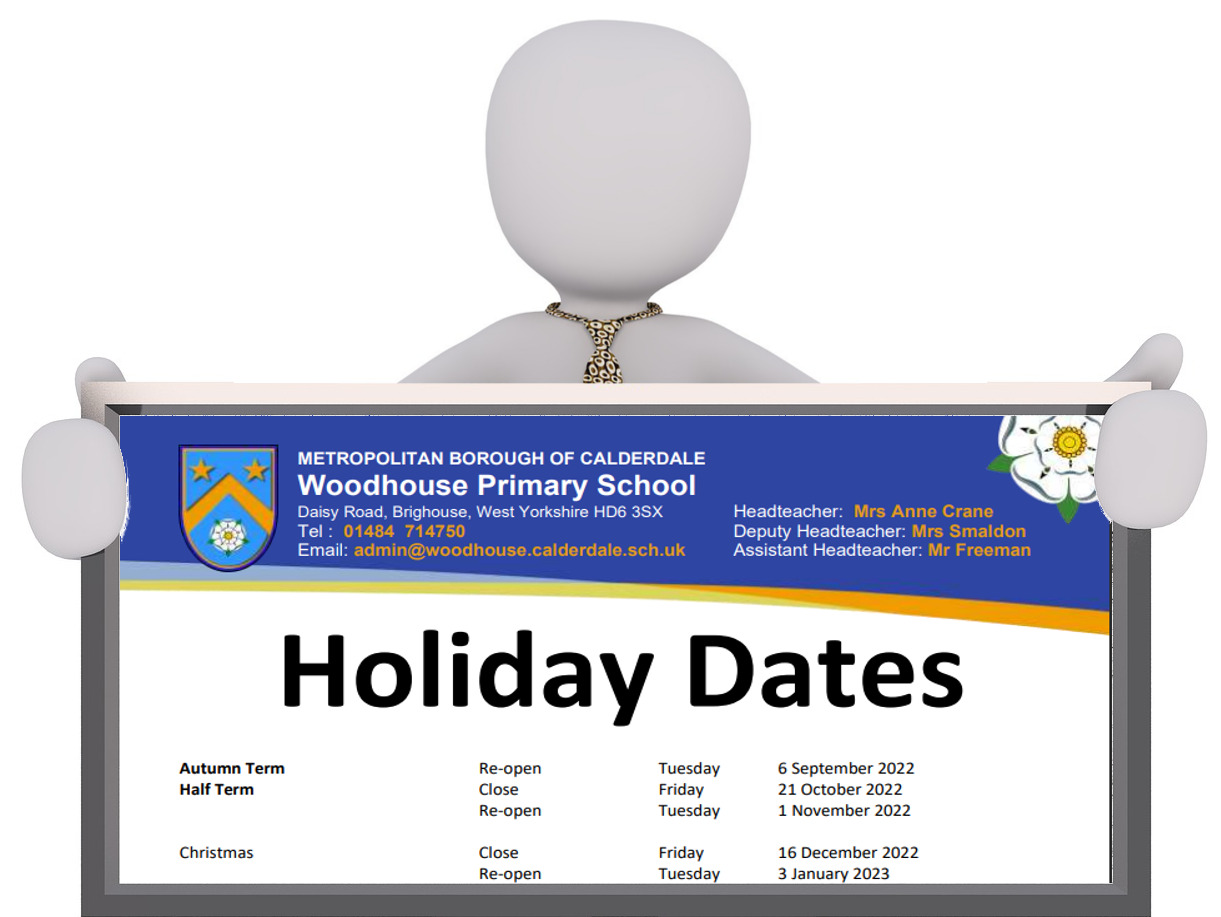History
History
Our curriculum for history aims to inspire pupils' curiosity to know more about local, regional, national and international history. We aim to develop pupils’ chronological, enquiry and interpretation skills to enable them to understand the history of Britain and the wider world. Pupils are taught to ask perceptive questions, think critically, consider evidence and arguments and develop perspective and judgement.
We achieve this by providing a broad range of experiences which enable pupils to learn about significant events and individuals from the past, the process of change, the diversity and complexity of societies and relationships between different groups as well as their own identity and the challenges of 21st century living.
Lessons are taught using a topic based approach and this enables pupils to know and understand history from the earliest times to the present day. Significant events from different periods and cultures are used to enable pupils to develop their historical understanding. The themes of transport, power, religion and invasion teach pupils to recognise connections and contrasts across the history curriculum and develop an understanding of historical concepts.
History topics include:
The Vikings; Monarchs and their changing power; The Romans; Through the Ages and The Shang Dynasty.
Pupils will be taught:
- about changes within and beyond living memory which reflect aspects of change in national life, including those that are significant globally or nationally. As they progress into Key Stage Two, pupils will note connections, contrasts and trends over time, thus developing a chronologically secure knowledge and understanding of British, local and world history, establishing clear narratives within and across the periods they study.
- about the lives of significant individuals in the past who have contributed to national and international achievements, such as: Queen Victoria, Percy Shaw, the Wright Brothers, Alfred the Great, William the Conqueror, Henry VIII, Elizabeth I, Boudicca, James Brindley, Humphry Davy, Isambard Kingdom Brunel.
- about significant historical events, such as: The Gunpowder Plot, The Great Fire of London, the Battle of Hastings, Roman Invasions and the Industrial Revolution.
- to develop the appropriate use of historical terms relating to the passing of time.
- to understand ways in which information about the past is represented, using a range of sources when addressing and sometimes devising historically valid questions about change, cause, similarity and difference, and significance.
- to construct informed responses that involve thoughtful selection and organisation of relevant historical information
